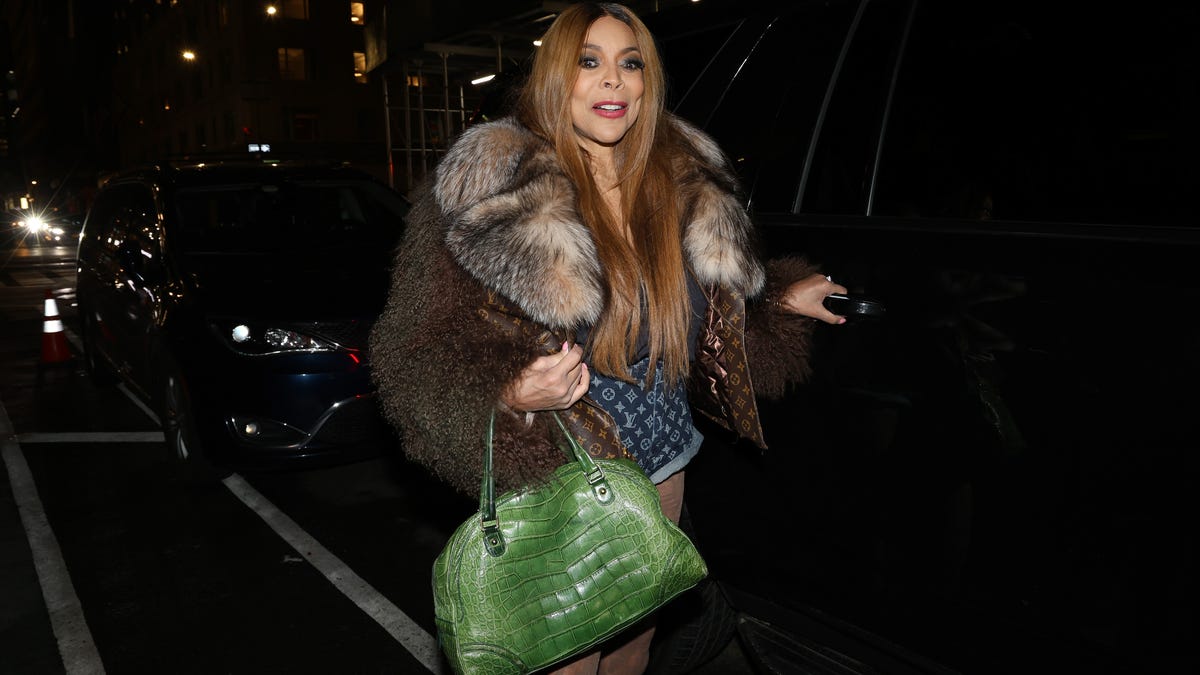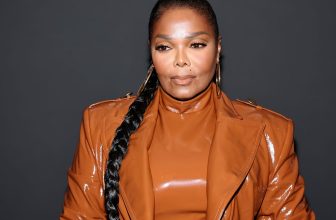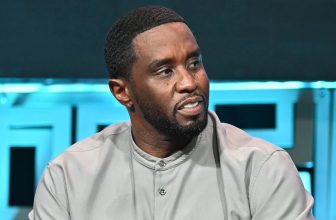
Sabrina Morrissey, the court-appointed guardian for Wendy Williams, is taking action to seek justice for the former daytime talk show host. In a new complaint related to the lawsuit filed against Lifetime’s parent company, A&E Television Networks, Lifetime Entertainment Services, EOne Productions, Creature Films, and executive producer Mark Ford over the controversial docuseries, “Where Is Wendy Williams?” Morrissey is pushing for accountability.
The docuseries, released in February, sparked a legal battle due to Morrissey’s claims that the creative team filmed it without her consent. Initially, the project was pitched as a behind-the-scenes look at Williams’ return to the public eye through her podcast launch. However, the final product focused on Williams’ personal struggles with health, family, and legal issues, much to Morrissey’s dismay.
Viewers criticized the documentary for its exploitative nature and negative portrayal of Williams. Morrissey echoes these sentiments in her complaint, pointing out that Williams was in no position to provide consent for filming, let alone for the humiliating content that was ultimately aired without her guardian’s approval.
The court documents obtained by People reveal the gravity of the situation. Morrissey asserts that Williams, who is listed as an executive producer on the film, only received $82,000 since its release. Williams, allegedly mentally incapacitated at the time, was unaware of the documentary’s content and never endorsed it. The complaint seeks financial compensation for Williams’ ongoing medical care and supervision, as well as a halt to any further distribution of the docuseries.
Producer Mark Ford defended the project, claiming that the focus shifted to documenting Williams and her family’s struggles with guardianship issues. He expressed regret over not being informed of Williams’ dementia diagnosis before filming, stating that they would not have proceeded had they known.
Despite Ford’s explanations, Morrissey’s complaint maintains that the exploitation of Williams was unethical and damaging. The complaint emphasizes the need to protect vulnerable individuals like Williams from media companies seeking profit at their expense.
Morrissey’s legal efforts underscore the importance of respecting the dignity and rights of individuals facing cognitive challenges. The case serves as a reminder of the ethical responsibilities that media producers and networks must uphold when portraying vulnerable individuals in the public eye. It remains to be seen how the court will address the allegations and what impact this legal battle will have on the future of documentary filmmaking.





